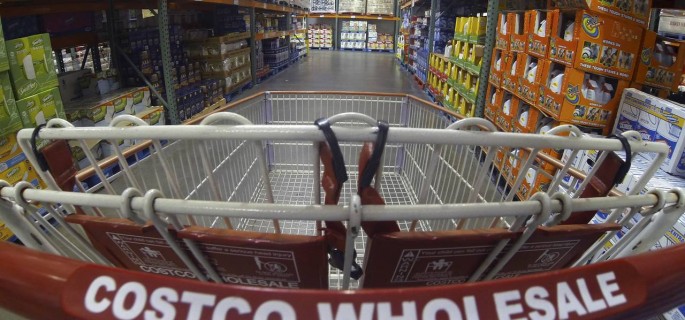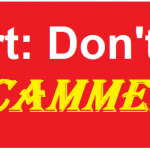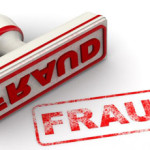Costco made $3.7 million selling ‘Tiffany’ rings. Now it must pay $19 million to the real Tiffany

Costco must pay the storied jewelry company Tiffany & Co. more than $19 million for selling about 2,500 diamond rings falsely identified on store signs as “Tiffany” rings, a federal judge ruled Monday.
Costco’s management “displayed at best a cavalier attitude toward Costco’s use of the Tiffany name in conjunction with ring sales and marketing,” U.S. District Judge of the Southern District of New York Laura Taylor Swain wrote in her opinion.
Her decision followed a 2015 jury verdict, which found that Costco had received a profit of $3.7 million from falsely using the Tiffany brand, rejecting Costco’s argument that the word “Tiffany,” with reference to a ring’s setting, had become a generic term, like Popsicle or dumpster.
Swain ruled Costco should pay Tiffany $11.1 million plus interest, which is three times Tiffany’s lost profit from Costco’s actions plus $8.25 million in punitive damages.
Finally, Costco is barred from using the stand-alone word “Tiffany” to describe any products that aren’t connected to the famous jewelry brand.
Tiffany said in a statement to CNN the ruling “validates the strength of the Tiffany trademark and the value of our brand, and most importantly, sends a clear and powerful message to Costco and others who infringe the Tiffany mark.”
“We brought this case because we felt a responsibility to protect the value of our customers’ purchases,” the company added. “It is critically important that the Tiffany name not be used to sell any engagement ring that is not our own.”
Following the ruling, Costco said it would appeal, calling the decision the “product of multiple errors” on the part of the judge.
“This was not a case about counterfeiting in the common understanding of that word — Costco was not selling imitation Tiffany & Co rings,” Costco said. The diamond rings “in question were not stamped or otherwise marked with the Tiffany & Co. name (but rather were stamped with the name of the company that manufactured them); they were accompanied by appraisal documents that did not mention Tiffany & Co., and with sales receipts that did not say Tiffany or Tiffany & Co. Notably,” Costco added, “Tiffany & Co. did not claim in the lawsuit that it lost a single sale to Costco as a result of any sign. From a purchaser list of approximately 2,500, Tiffany identified fewer than 10 who said they had misunderstood Costco’s signage.”
Instead, Costco argued that “Tiffany” is a commonly used, generic term to describe a particular type of ring setting.
Tiffany was founded in 1837 and quickly became one of the world’s leading jewelers. One of its early achievements was inventing a new type of ring setting in 1886. In an attempt to show more of the gem, it set the stone in a metal claw extending from the ring’s band. Before this, diamonds were set in a full shallow cup of metal, obscuring most of the stone, according to Forbes.
The setting was extremely successful and immediately attracted imitators. By now, as Forbes wrote, “the term ‘Tiffany setting’ has reached Kleenex status — it’s now used colloquially throughout the jewelry industry to describe any multi-pronged solitaire setting, Tiffany or no.”
Swain wrote Costco “provided credible evidence” of the practice of using the terms “Tiffany setting” and “Tiffany style” generically throughout the jewelry industry.
The problem is Costco only used the word “Tiffany” when describing the rings in its signage, suggesting they were made by the jeweler rather than an imitation of its famous design.
Tiffany first filed a complaint in U.S. District Court in New York against the membership-only wholesale retailer on Valentine’s Day in 2013 after learning the company was selling off-brand engagement rings labeled as “Tiffany” in several stores.
The high-end jewelry company learned of this practice in November 2012, when a customer shopping at a Costco in Huntington Beach, Calif., saw a display of several different rings that were “promoted on in-store signs as Tiffany diamond engagement rings. A salesperson also referred to several of this rings as a “Tiffany ring,” and “said the store generally carries one of each item,” according to the complaint. The same rings were sold online without the Tiffany branding.
The rings were in no way associated with Tiffany & Co.
As a result, the complaint stated, “Costco was able to sell in warehouse stores around the United States for many years … engagement rings falsely identified as ‘Tiffany.’”





























